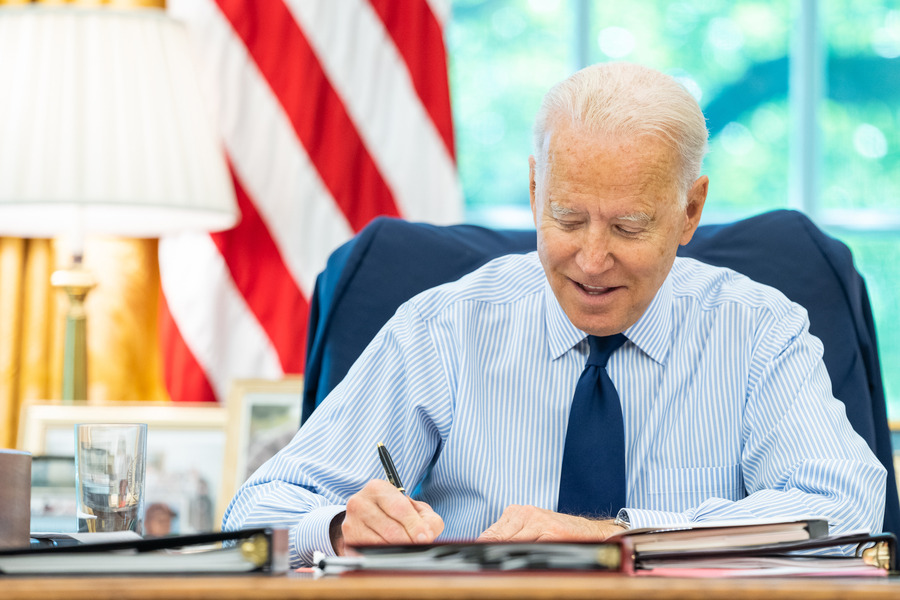The National Security Law Podcast: This Podcast Was Recorded Before, On, or After 9/11
No shortage of topics this week. Join us as we debate and discuss:
Published by The Lawfare Institute
in Cooperation With

No shortage of topics this week. Join us as we debate and discuss:
- United States v. al-Hawsawi, in which Judge Pohl rules that a military commission prosecution can proceed against an accused 9/11 co-conspirator based on conduct that facilitated (and thus occurred prior to the culmination of) the 9/11 attacks. What is the measure of when “hostilities” begin? Does the Military Commissions Act of 2009 require a different result than would follow under international law? And for good measure: How does one define membership in an entity like al-Qaeda?
- Do recent media reports that “major combat operations” have (again) ended in Iraq have any legal significance?
- What if anything might follow, for purposes of the military commission case against him, from the claim by Khalid Sheikh Mohammed’s defense team that he may have suffered brain damage while in CIA custody?
- A January executive order gave Defense Secretary Mattis 90 days to deliver a report to the White House recommending the future course of detainee policy. No word yet on whether the deadline was met, by why let that stop us from speculating about its contents?
- Meanwhile, the DC Circuit held oral argument last week in Doe v. Mattis. We’ve got a mini-review, though no one is prepared to predict the outcome.
- Johnson v. CIA, in which Judge McMahon of the southern district of New York ruled in favor of the CIA on an interesting FOIA exemption issue involving the consequences when the government makes a selective disclosure of classified information to a journalist.
- The “Mueller Protection” bill has emerged from the Senate Judiciary Committee. Now it’s at the part in the Schoolhouse Rock cartoon when the bill is waiting to see if the leadership will allow a vote…
- And then there are the dueling House inteligence committee reports on Russia and the election. Perhaps the less said here the better, though there are in fact some interesting recommendations. Should the Logan Act be repealed? Do we need a new FISA “foreign power” category to cover foreign hackers who threaten national security but whose sponsorship can’t be pinned down reliably?
- Speaking of reports, we also have some interesting data on Foreign Intelligence Surveillance Court decisions thanks to the mandatory disclosure provisions of the USA Freedom Act. Tune in to understand why the data signifies something a bit different than many observers initially assumed.
But wait, there’s more! If you order now, we will throw in … frivolity! We kept it short this week, because Steve wants to talk Westworld (but Bobby isn’t caught up) and Bobby wants to talk Avengers (but Steve hasn’t seen it). Sigh. They default to the NBA …
Robert (Bobby) Chesney is the Dean of the University of Texas School of Law, where he also holds the James A. Baker III Chair in the Rule of Law and World Affairs at UT. He is known internationally for his scholarship relating both to cybersecurity and national security. He is a co-founder of Lawfare, the nation’s leading online source for analysis of national security legal issues, and he co-hosts the popular show The National Security Law Podcast.
Steve Vladeck is a professor of law at the University of Texas School of Law. A 2004 graduate of Yale Law School, Steve clerked for Judge Marsha Berzon on the Ninth Circuit and Judge Rosemary Barkett on the Eleventh Circuit. In addition to serving as a senior editor of the Journal of National Security Law & Policy, Steve is also the co-editor of Aspen Publishers’ leading National Security Law and Counterterrorism Law casebooks.






